Clarifying the content of practicing thrift
Commenting on the draft Law, National Assembly Deputy Nguyen Van Chi ( Nghe An ) said: This draft Law represents a fundamental change in approach compared to the current Law when shifting from detailed regulations to a framework law model. However, the "framing" is expressed at a very general level, causing many important contents of thrift and anti-waste work in the current law to no longer be regulated.
.jpg)
The current law stipulates in detail the content of thrift and anti-waste in Articles 11 to 62, covering 7 key areas, such as: norms, standards, regimes; management and use of state budget; procurement and use of working equipment; investment in construction, management of headquarters and public housing; resource management; organization of apparatus and use of labor; management and use of state capital and assets in enterprises... In the new draft, these contents have been omitted, only the section related to practicing thrift and anti-waste in production, business and consumption of people is retained.
According to the delegate, all the previous detailed regulations have been summarized in Article 3 of the draft, which regulates wasteful behavior. This article assigns the Government to specify groups of violations in many fields, but does not clearly stipulate activities to practice thrift. The delegate believes that the lack of this content makes the Law not fully reflect both the "thrift" and "anti-waste" aspects.
Delegate Nguyen Van Chi further analyzed: The draft currently does not have an accompanying guiding decree because it was built in a shortened format, so it is impossible to specifically consider how the Government will guide savings. If it only details wasteful behavior without stipulating the content of savings, the Law will lack feasibility and cause difficulties for monitoring implementation later...
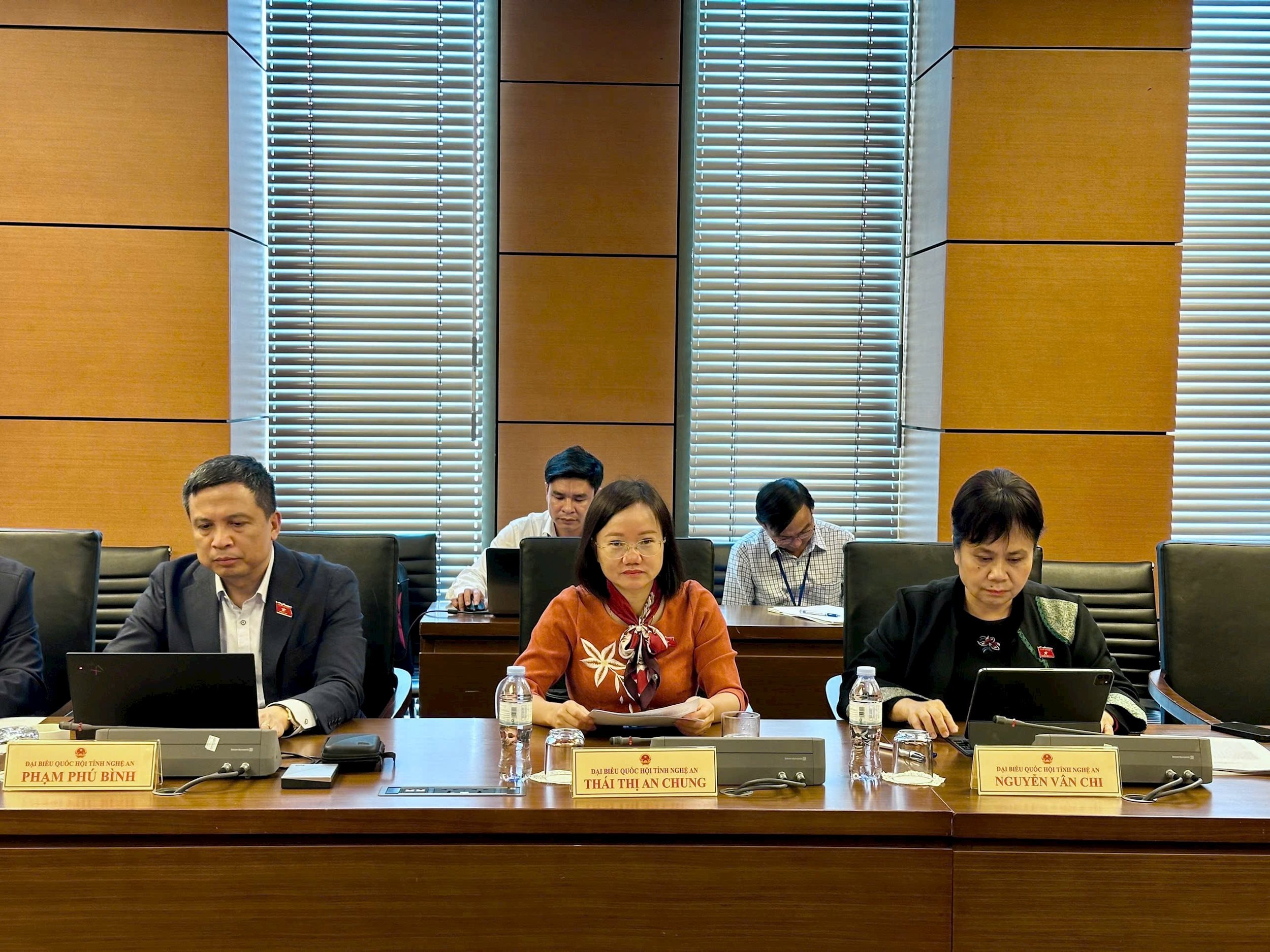
On that basis, delegate Nguyen Van Chi requested the drafting agency to provide more information and consider postponing the approval to the next session to have time to complete and clarify sub-law regulations, ensuring that the Law, when issued, is complete and feasible.
Contribute to building a culture of savings in the whole society
Delegate Tran Thi Thu Hang (Lam Dong) emphasized: Saving and fighting waste is the responsibility of the whole society, from state agencies to each family and individual. Failure to save and allowing waste to occur will slow down economic development and even affect the sustainability of the country. Therefore, the Law needs to establish a mechanism to encourage and protect those who participate in detecting and fighting waste, especially according to the provisions of Article 7 of the Draft.
From the monitoring practice, the delegates pointed out that waste is widespread in many areas. In terms of facilities and resources, there are many projects and works proposed for repair when they are not yet damaged; many schools are built in locations far from residential areas so there are no students, causing great waste of investment.
.jpg)
In the field of education, the existence of many different sets of textbooks makes it impossible for students to reuse books from previous years, especially in remote areas, causing costs and difficulties in accessing knowledge. Waste also appears in the fields of health and culture when facilities are invested but not exploited effectively.
Regarding land and public investment, delegates pointed out the fact that many projects have been suspended for decades, leaving land abandoned, while people lack land for living or production. There are housing areas that have been built but cannot be sold, leading to damage and waste of social resources and the financial resources of the investing enterprises.
To improve the effectiveness of thrift practice and combat waste, delegate Tran Thi Thu Hang proposed two key contents. First of all, regarding the subjects of application, the draft currently focuses only on the state sector, while waste is also common in the private sector. Therefore, it is necessary to expand the scope of regulation to ensure comprehensiveness and suitability to reality.
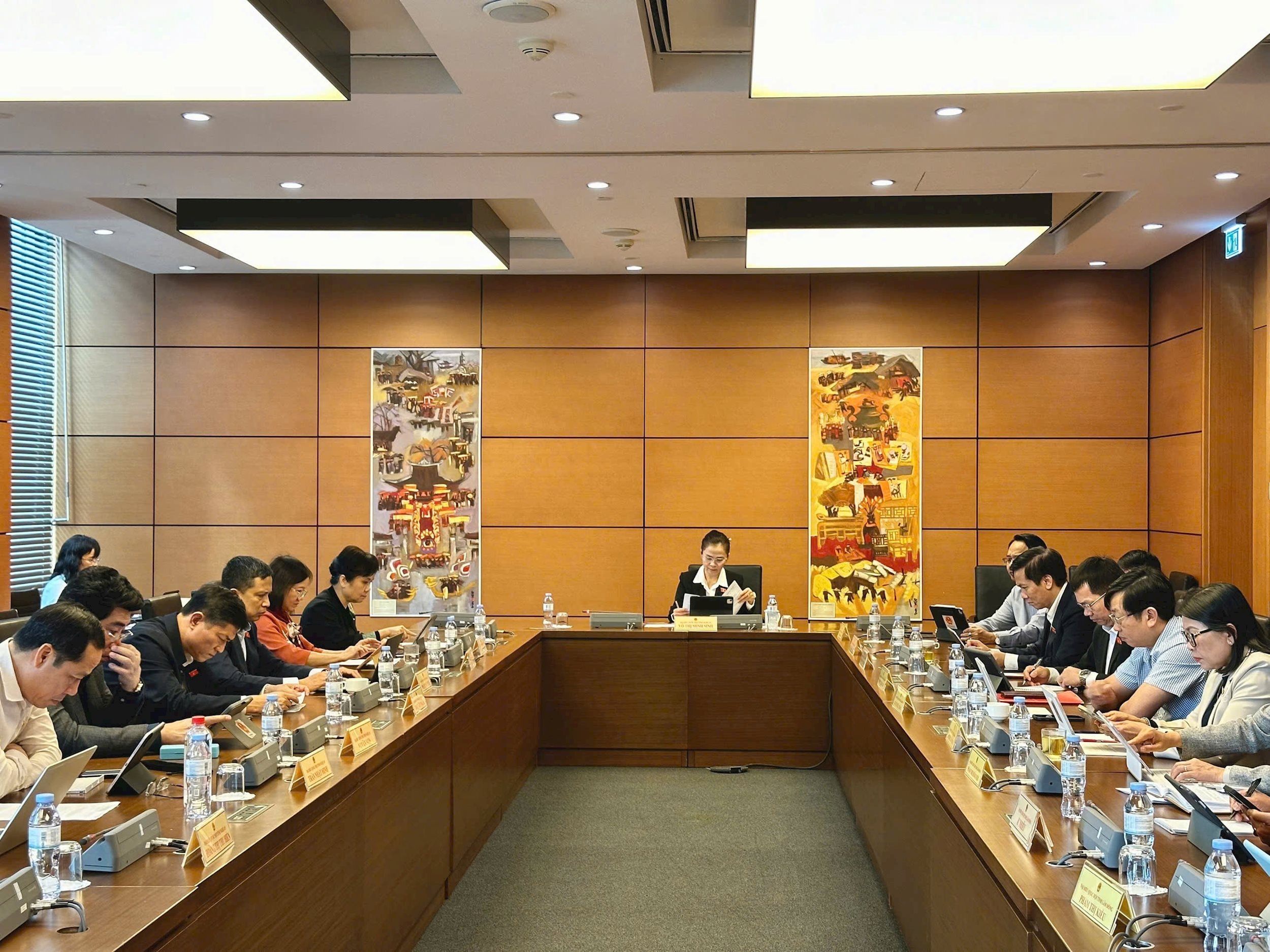
Regarding the protection of those who fight against waste, the delegates said that it is necessary to expand the subjects entitled to the protection mechanism, not just limited to those with assigned duties and powers. Any individual who discovers wasteful or negative behavior needs to be protected by law when reporting it. At the same time, there needs to be a mechanism to notify the person reporting the results after the competent authority has resolved the matter, in order to ensure transparency and strengthen the trust of citizens.
In addition, delegates emphasized the need for incentive and reward policies for those who actively fight against waste. In addition to the usual forms of rewards, specific incentives such as salary increases, special bonuses or other preferential regimes can be considered to encourage the spirit of daring to think and dare to do, contributing to building a culture of thrift throughout society.
Source: https://daibieunhandan.vn/can-co-che-khuyen-khich-bao-ve-nguoi-dau-tranh-chong-lang-phi-10394524.html







![[Photo] Opening of the 14th Conference of the 13th Party Central Committee](https://vphoto.vietnam.vn/thumb/1200x675/vietnam/resource/IMAGE/2025/11/05/1762310995216_a5-bnd-5742-5255-jpg.webp)


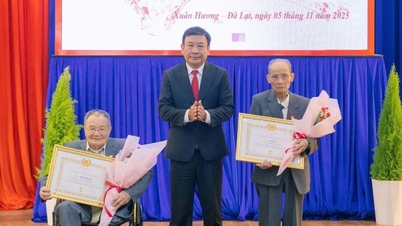

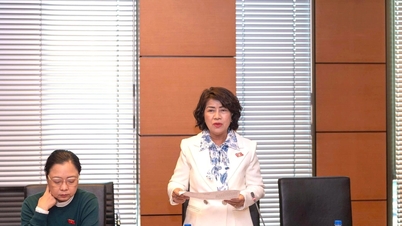


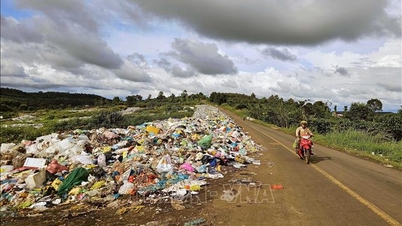

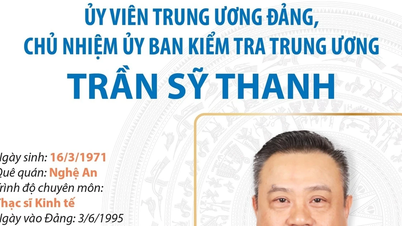

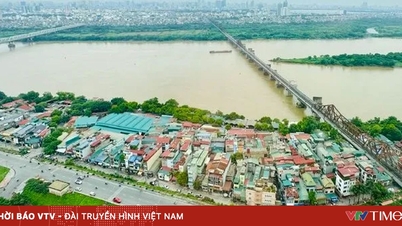

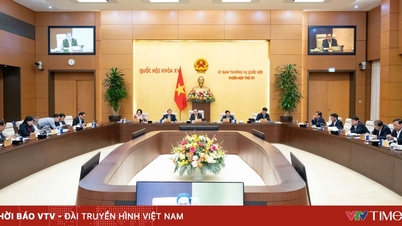


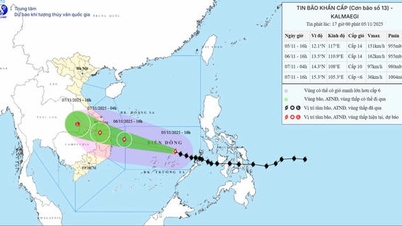





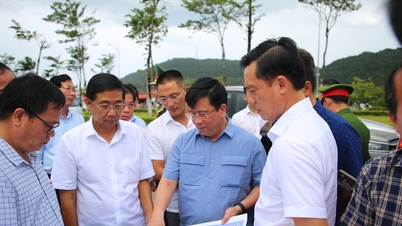
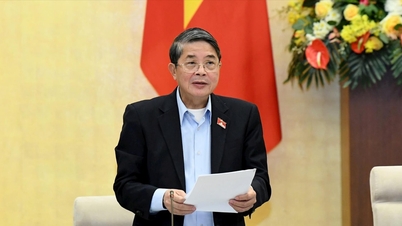
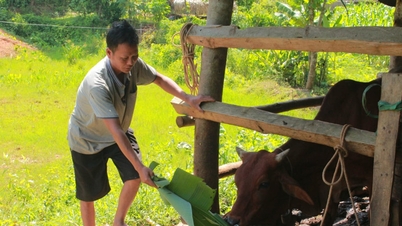
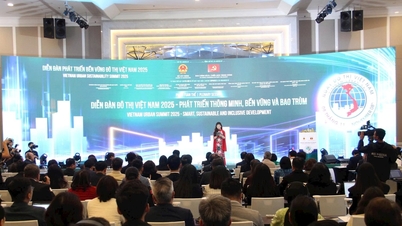
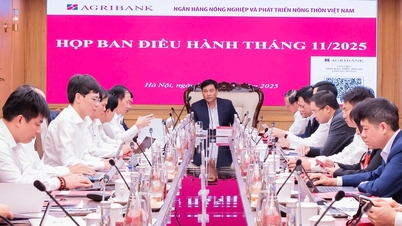


![[Photo] Panorama of the Patriotic Emulation Congress of Nhan Dan Newspaper for the period 2025-2030](https://vphoto.vietnam.vn/thumb/1200x675/vietnam/resource/IMAGE/2025/11/04/1762252775462_ndo_br_dhthiduayeuncbaond-6125-jpg.webp)


































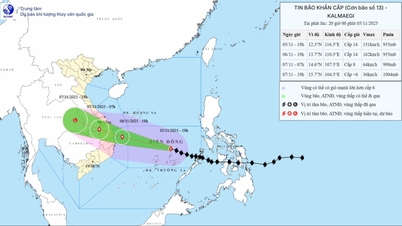














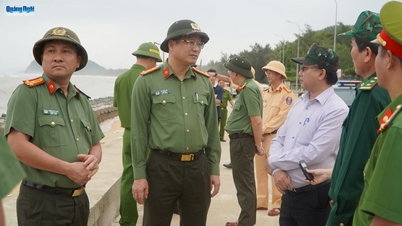
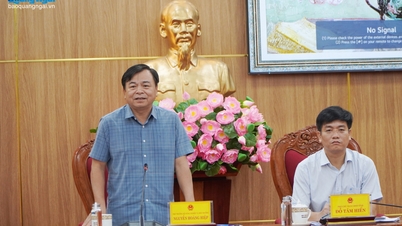


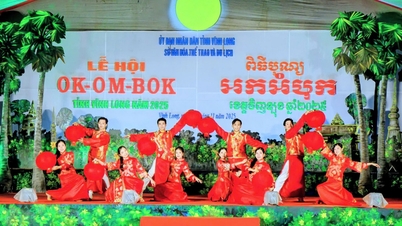


















Comment (0)